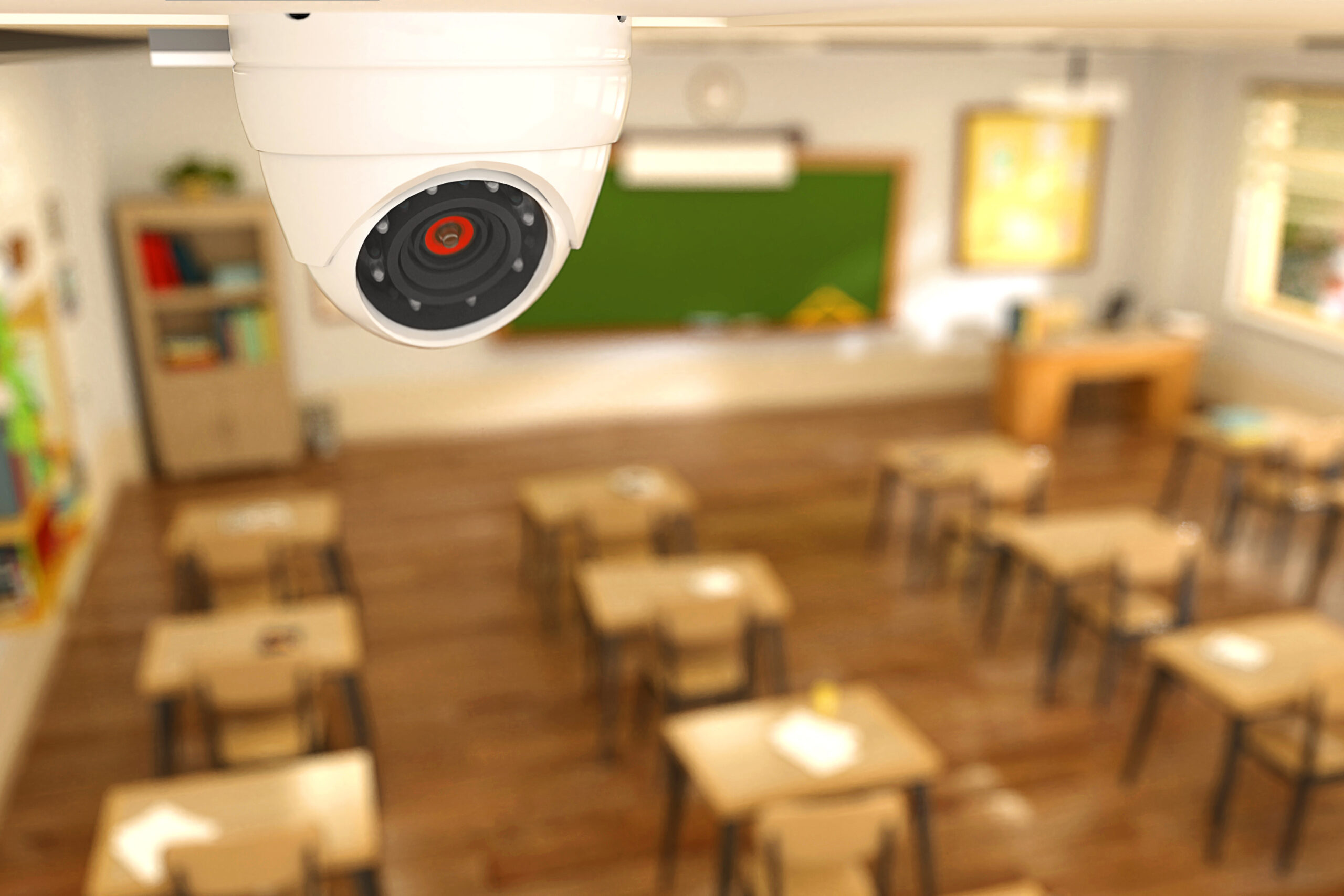No Surprises Act Fails to Remove All Surprises
The No Surprises Act (NSA) is a part of the Consolidated Appropriations Act of 2021 (CAA). It provides federal protections to patients who get bills for receiving care out of network — in circumstances when they did not know the service was out of network. One of the key points of the NSA provisions is removing the patient from disputes between payers and providers.
A study by the Office of the Assistant Secretary for Planning and Evaluation Office of Health Policy found that surprise bills occur frequently and can have a negative effect on a person’s budget. “On average, 18 % of emergency room visits by people with large employer coverage result in one or more out-of-network bills and nearly 20% of patients undergoing in-network elective surgeries or giving birth in a hospital received surprise bills,” according to the study.
Surprise bills averaged more than $1,200 for anesthesia; $2,600 for surgical assistants; and $750 for childbirth.
President Donald Trump signed the NSA as part of the Consolidated Appropriation Act of 2021 on Dec. 27, 2020. Most sections of the legislation went into effect on Jan. 1, 2022, and the Departments of Health and Human Services, Treasury and Labor have responsibility for issuing regulations and guidance to implement several of the provisions. Prior to the law going into effect, the Office of the Assistant Secretary published an issue brief about the NSA to explain:
- Why the rule is needed
- State-level approaches
- Key provisions of the rule
- Implementation
- How it will impact consumers
- The process for resolving disputed.
While the NSA gives employers some direction on how to navigate the new law, there remains some controversy about the Act’s interpretation. For instance, the brief does not address:
- Proposed arbitration rules
- Concerns of 152 lawmakers who signed a letter arguing that the rules “do not reflect the way the law was written, do not reflect a policy that could have passed Congress, and do not create a balanced process to settle payment disputes.”
- How to protect consumers against “exorbitant charges and balance billing when using ground ambulance services.”
The brief can be found at https://tinyurl.com/2p8cv9ke
What You Need to Know
The No Surprises Act requires providers and health plans to assist patients in finding health care cost information.
The NSA protects patients from receiving surprise medical bills when there are gaps in coverage for emergency services and certain services provided by out-of-network clinicians at in-network facilities, including by air ambulances.
In general, the NSA provides that an employee who has either private or employer-sponsored health care coverage, and who receives a bill for medical services received during an emergency from an out-of-network provider, will only be liable for paying deductibles and in-network cost-sharing amounts.
Providers and insurers will need to work together to negotiate reimbursement to the provider. If a dispute arises, the NSA states that this will be handled using an independent dispute resolution process. The legislation does not set a benchmark for how much reimbursement should be for services.
Copyright © 2022 Smarts Publishing
About the Author
Share This Story
Related Blogs
Enhancing School Security: Practical Strategies for Safer Campuses
Enhancing school security is one of the most pressing responsibilities for education leaders today. As school campuses evolve, so too must the systems that protect them. For administrators, safety professionals, and district decision-makers, creating a secure learning environment means taking a proactive, layered approach that includes physical security, training, technology, and community involvement.
5 Common Cybersecurity Mistakes and How to Avoid Them
All organizations, regardless of their size or industry, are at risk of being targeted by cybercriminals. These malicious actors can conduct cyberattacks, leading to significant financial, operational and reputational damage that can be difficult or impossible to recover from. Fortunately, solid cyber hygiene practices can reduce the likelihood of data breaches and other cyber incidents from occurring, and many of these practices are relatively low-cost and easy to implement.
Insurance Coverage Basics For Boatowners
A small boat, such as a canoe or other un-motorized boat, is typically covered under the personal property portion of your homeowners insurance policy. If you own a larger, faster boat, you'll need a separate boatowners insurance policy. A typical boatowners insurance policy is designed to protect your boat, motor, equipment, and passengers. It affords similar coverages to those you typically have for your car including:








